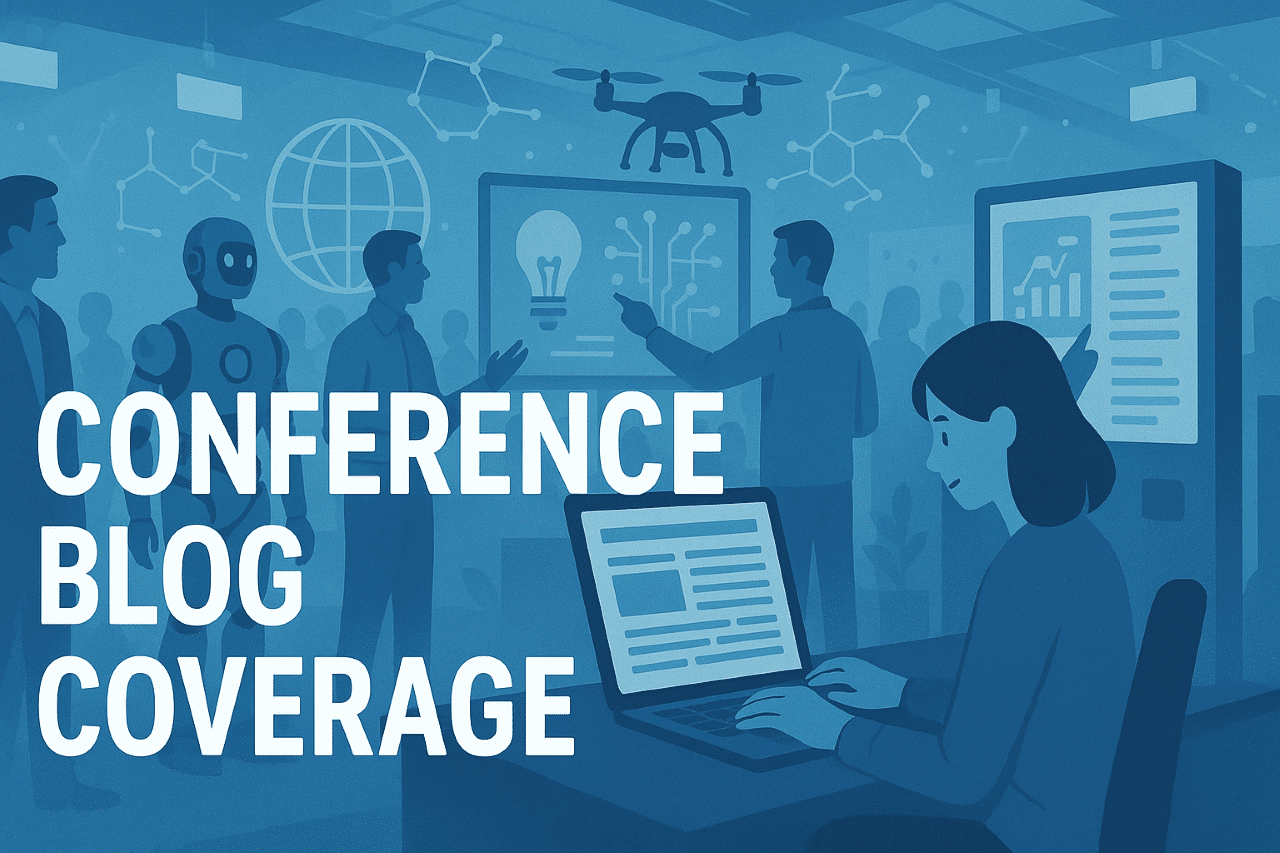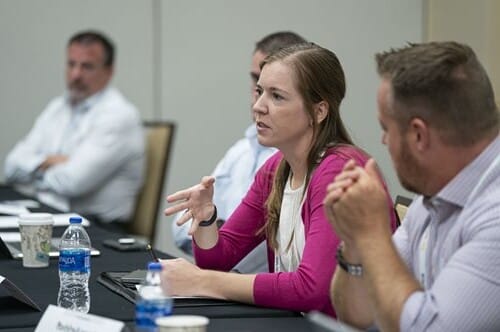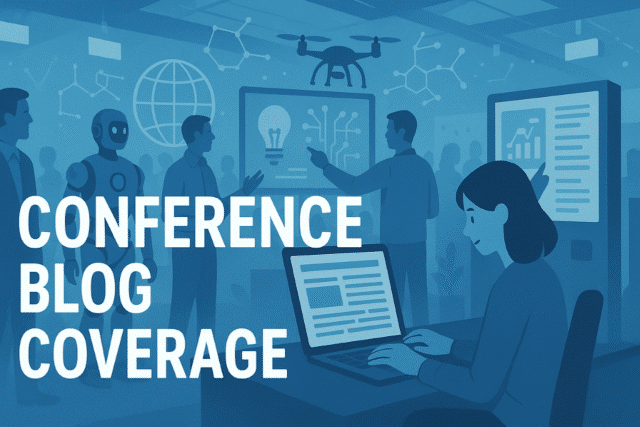A Tech Future Marked by Opportunities and Questions

The foodservice distribution industry is highly focused on the outlook for AI, robotics and other technologies, but perspectives vary on what the future may hold.
At the IFDA Solutions Conference, speakers and other observers cited the vast innovation potential while warning against over-hype. Many said questions remain on how technology will be able to solve some of this industry’s biggest hurdles.
“Over the next five years AI tools will become incredibly capable,” said conference keynoter and author Jonathan Brill, Executive Chairman of the Center for Radical Change. “The best AI tools are getting almost as good as humans.”
Brill anticipated new opportunities from AI and robotics to overcome labor and production challenges and enhance warehouse operations. He said the future will be filled with questions about how best to navigate.
“How do we reinvent our businesses to take advantage of these changes?” he asked. “How do we rethink distribution for a radically changed world?”
Mike Peterson, Director of Information Technology, Kohl Wholesale, said AI holds great potential for operations. “If AI can be applied correctly, I can see it mining data and gleaning insights that will significantly help operations,” he explained. “Most distributors are good at collecting data, but analyzing and formulating plans to improve is frequently not done — and also usually not continuously. In two to five years, I expect the LLMs and LLRMs to mature and offer significant benefit to businesses.”
One of the big areas for technology potential is supporting the food traceability regulations of the Food Safety Modernization Act (FSMA) Rule 204, said John Bordewick, General Manager, Dot Foods. FDA extended the compliance date for that rule to July 20, 2028.
“The industry will lean on technology to figure it out,” he predicted. Moreover, he added, the lessons from those efforts may help further accelerate technology adoption to address other industry challenges.
Conference speaker Bill Conrad, former President of Prime Source Foods, remarked on the AI and robotics future during a session on warehouse management.
He said the industry can benefit future projects by making AI a strategic priority with executive sponsorship; investing in data infrastructure and quality; cultivating AI-friendly cultures; starting small with high-impact use cases; and implementing strong governance and ethical guidelines.
Distributors at the conference said technology will need to increasingly address foodservice distribution’s most complex challenges if it is to meet the long-term potential.
Kohl Wholesale’s Peterson observed that a lot of vendors are emphasizing AI in their offerings, but added that in talking to distributors, they are still looking for industry-specific ways that it can be utilized, such as for HR, transportation and warehouses.
He cautioned about the need to be careful in marketing AI features. “There are a lot of vendors touting AI or AI-driven without much, if any, proof that it’s more than a marketing rebranding,” he said.
Jon Birdwell, Director of Warehouse Operations, Ben E. Keith Co, identified one of the biggest challenges for emerging technology to solve in the future.
“AI is certainly the buzz word for 2025 and 2026, but the question is who is going to come up with a workable solution in a brownfield,” he said, “The greenfield applications are endless, but the true AI winner will work within existing walls.”
Article authored by freelance writer David Orgel.


